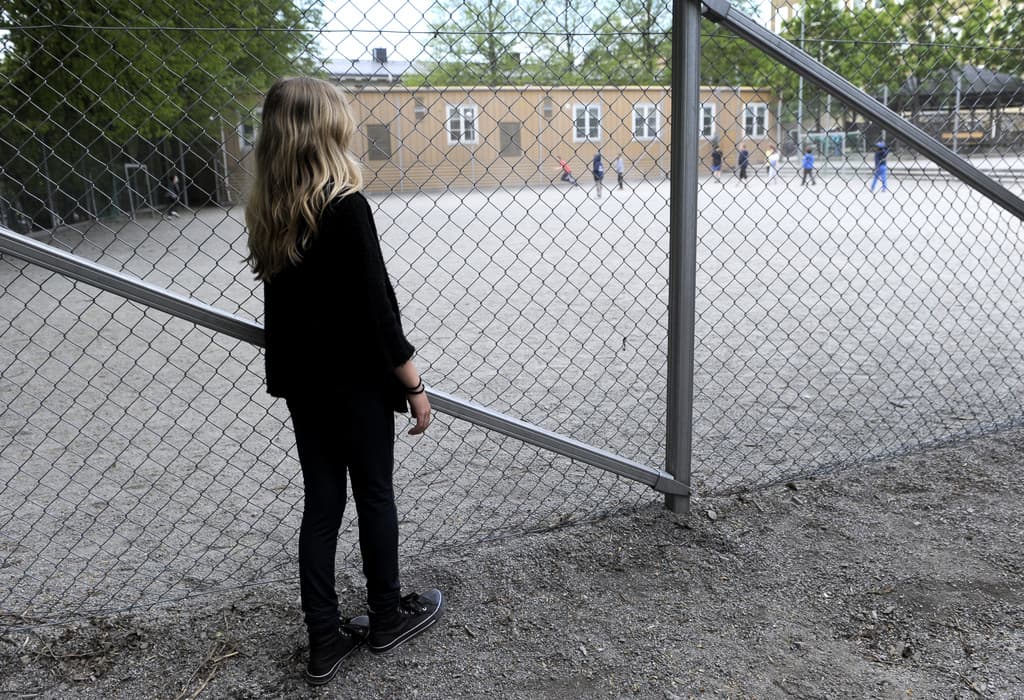Swedish, English, and mathematics. When a schoolchild is exposed to bullying, it is twice as common not to pass one or more of these core subjects.
Of 1,139 schoolchildren aged 10 to 16, 46 percent state that they have been exposed to violations or bullying, either in school or online. This emerges from a Novus survey conducted in the spring of 2024, on behalf of Friends.
In total, 12 percent of these respondents state that they have not passed one or more core subjects.
For children who are not exposed, the corresponding figure is six percent.
"Very logical"
The connection between children's exposure and their performance in school has its basis in several factors, according to Maja Frankel.
Partly, it's about self-esteem and motivation, but children also find it harder to concentrate on lessons when they are exposed to bullying.
It's actually very logical, if you feel scared and insecure, that's what's in focus, she says.
The survey also shows that students who are exposed to bullying or violations in school are more likely to stay home, compared to children who are not exposed.
It's clear that this absence, not even coming to school, affects both your school performance and grades.
Exposure and mental health
According to Friends, the risk of not passing grades "increases significantly" if children who are exposed to bullying and violations also suffer from mental health problems.
When you're feeling unwell, i.e., feeling sad, anxious, and desperate, then the focus is on getting away from that situation. It's very hard to concentrate and absorb knowledge, says Maja Frankel.
To stop bullying, mapping and preventive measures are required, according to Maja Frankel.
When something has already happened, there are often very clear routines and a process. But it's not that which will stop bullying, but a greater focus on the promoting and preventive work, she says.
Frankel also believes that a special measure from the political sphere is needed.
A national plan against bullying that really gives schools the direction and support they need to focus on safety and focus on knowledge.
The report is based on a Novus survey conducted on behalf of the Friends foundation. The survey was conducted in the spring of 2024 with 1,139 children aged 10 to 16.
The selection was made through Novus' parent panel. The report also contains data from Swedish students who have participated in international surveys, to show previously calculated connections between exposure to bullying and school performance in mathematics.






